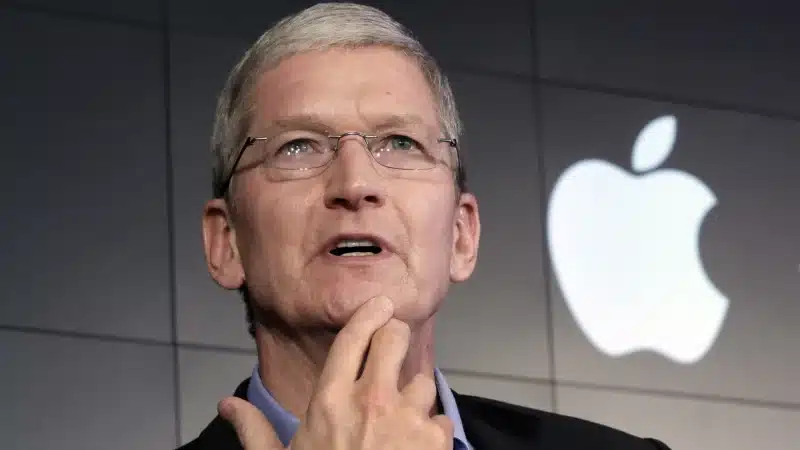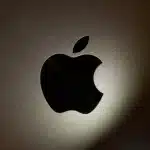As speculation grows over Tim Cook’s retirement, Apple faces the crucial question: who will take the helm of the world’s most valuable tech company? While no timeline has been confirmed, insiders believe Apple will promote from within, continuing its long-standing tradition of internal succession.
Craig Federighi: The Software Visionary
Craig Federighi, Apple’s Senior Vice President of Software Engineering, stands out as the most recognized face among Apple’s leadership. Known for leading iOS and macOS development, Federighi has also spearheaded Apple Intelligence initiatives. At 56, his experience is an advantage, but if Cook delays retirement, age might reduce his long-term tenure as CEO.

John Ternus: The Hardware Expert
John Ternus, Senior Vice President of Hardware Engineering, is another strong candidate. At 50, he brings deep experience overseeing hardware innovations, including Apple’s move from Intel to Apple Silicon. Ternus also managed the launch of AirPods and multiple iPad generations, making him a well-rounded leader for the company’s hardware-driven future.
Greg Joswiak: The Marketing Strategist
Greg Joswiak, aged 61, has been the face of the iPhone for years as Senior Vice President of Worldwide Marketing. His broad understanding of Apple’s ecosystem gives him a unique edge, though he lacks the direct operational control that Federighi and Ternus possess.
Other Possible Contenders
While these three are top choices, other names include Sabih Khan, Apple’s Chief Operating Officer, who replaced Jeff Williams, and Eddy Cue, the head of Apple Services. Deirdre O’Brien, responsible for retail and people operations, is also in the mix.
Why Internal Promotion Matters
Apple’s preference for internal candidates reflects its need for continuity and deep company knowledge. Leading a multi-trillion-dollar enterprise requires experience that outsiders may lack, making a smooth transition essential for Apple’s future.











